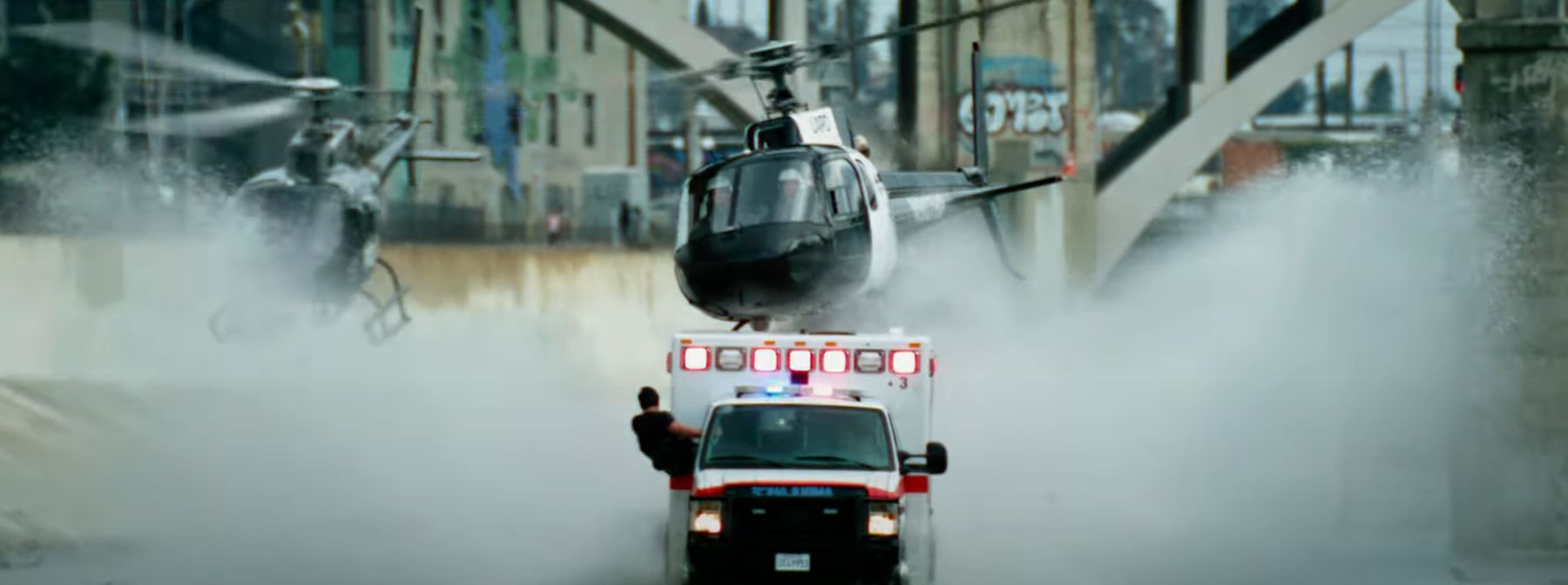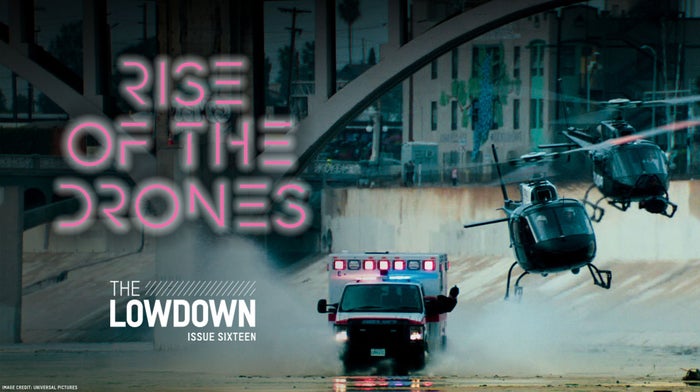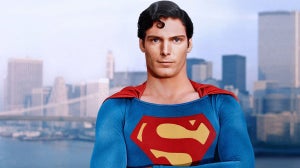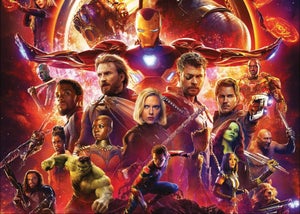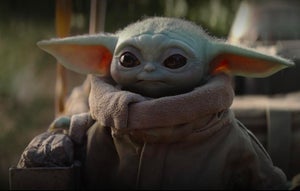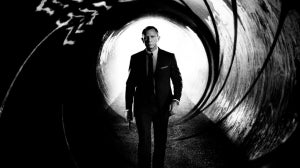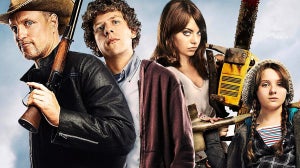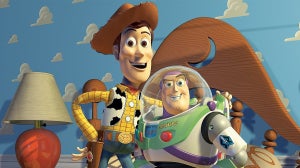
Effortlessly swooping around scaffolding and museum displays alongside Ryan Reynolds as he attempts to evade capture. Plummeting through a car crash to continue tracking a runaway ambulance driven by Yahya Abdul-Mateen II.
These incredibly distinctive shots are captured by first-person view drones (FPV), an exciting and still relatively new technology which is pushing the boundaries of immersive action.
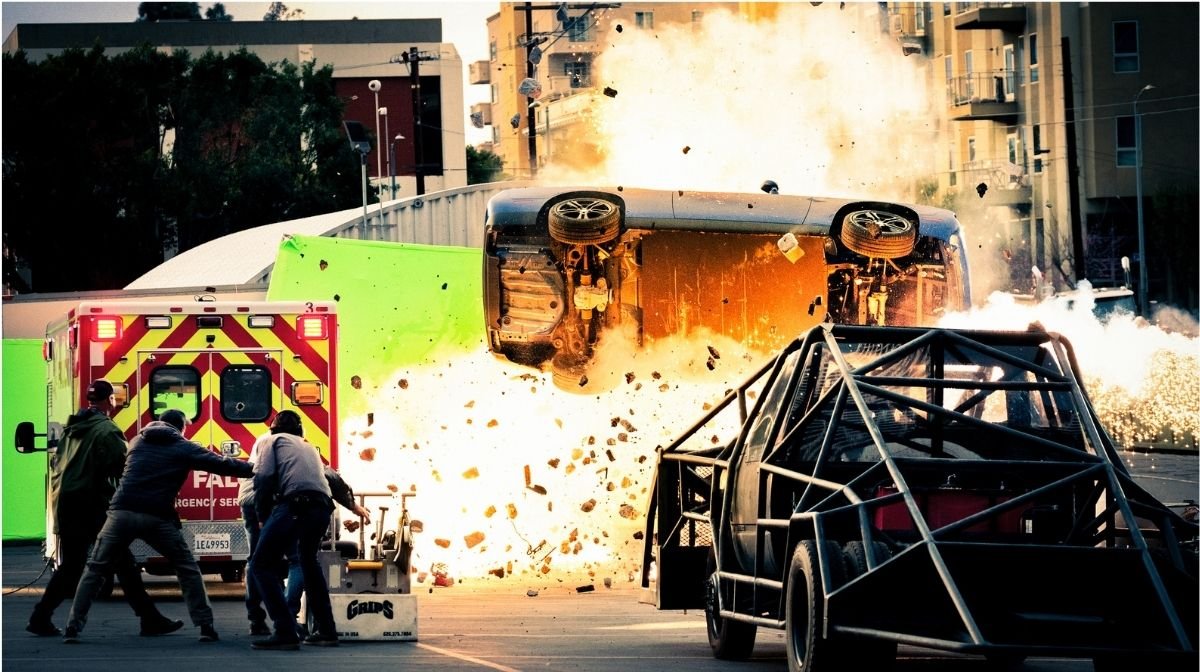
This follows in the footsteps of viral videos such as jaybyrdfilms’s one-take bowling alley wonder Right Up Our Alley and the tour of the Dallas Cowboys’ training facility from HBO’s show Hard Knocks.
It was only a matter of time before Hollywood took the plunge and incorporated the evolving technology into their productions. “It took several years before directors and cinematographers got a feel for how to use traditional drones for cinematography.
"The same thing is happening now with FPV, they’re getting a really good handle on how to use it” Aerial MOB Executive Producer Tony Carmean tells Zavvi.
“It's fast paced, it's high energy, it's acrobatic. FPV drones are getting more popular and becoming more in demand. Just this week alone we've had three or four client calls specifically for FPV work so far.”
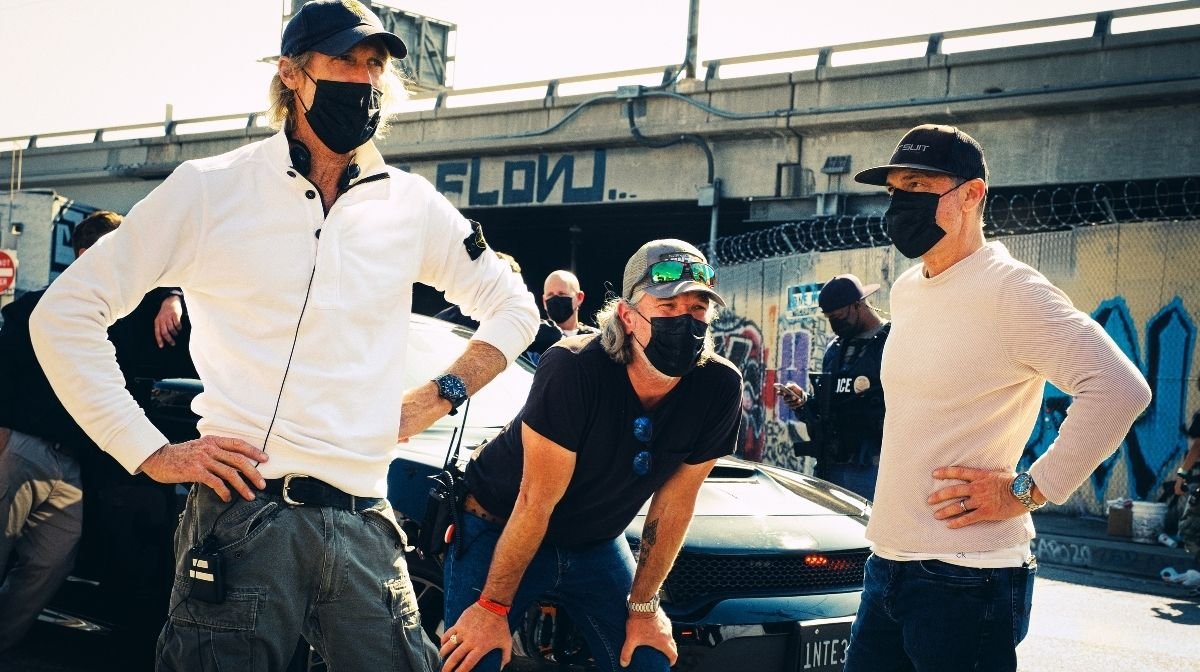
Used predominantly in big-budget blockbusters such as Rawson Marshall Thurber’s Red Notice, Michael Bay's Ambulance, and the Russo Brothers’ The Gray Man, this growing trend of incorporating immersive FPV drone footage is increasingly transforming how action sequences are shot thanks to their unique features.
In the latest issue of our free digital magazine The Lowdown, we spoke to the experts about how this technology is changing the face of action cinema.
For all things pop culture, follow us on Facebook, Instagram, Twitter, and TikTok.

